
While dogs bring joy and love into our lives, some breeds require more time, attention, and care than others—especially for busy people. If you have a hectic schedule or simply don’t have the time to commit to extensive walks, playtime, and constant attention, there are certain breeds that may not be the best fit for your lifestyle. Here are 15 dog breeds that can be particularly challenging for busy people to manage.
Border Collie
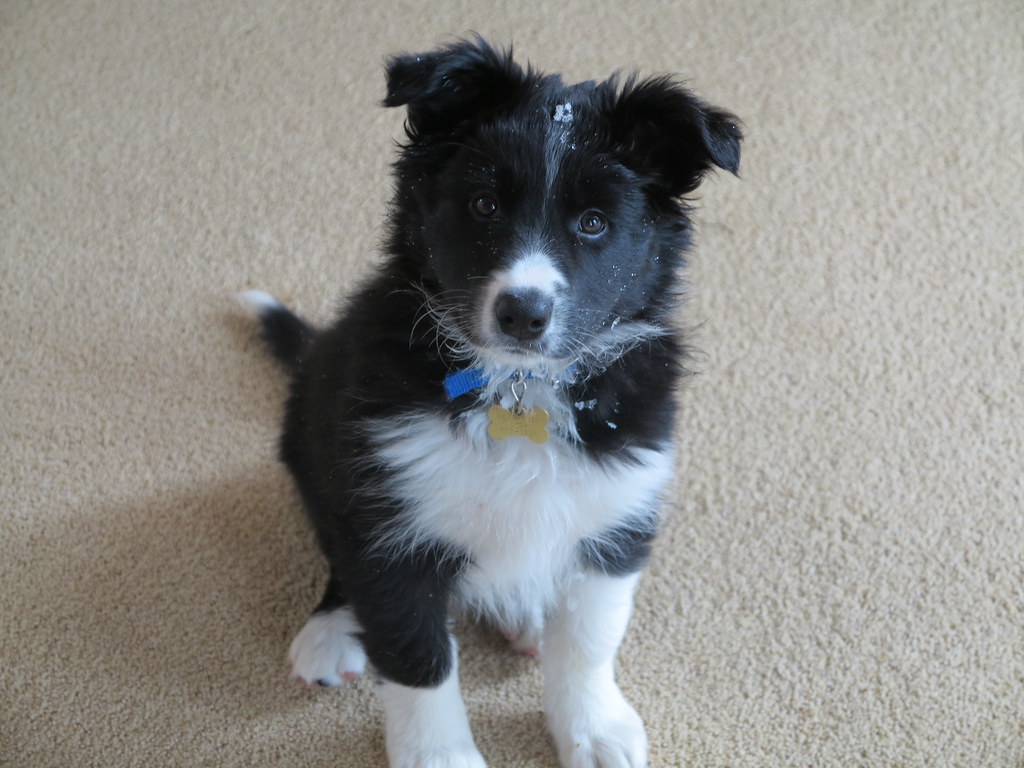
Border Collies are known for their intelligence and energy, but these traits can be a double-edged sword. They require intense mental and physical stimulation and thrive on constant activity. Without enough exercise and enrichment, Border Collies can become anxious, destructive, and difficult to manage. This breed is better suited for active individuals or families with lots of time to dedicate to them.
Australian Shepherd
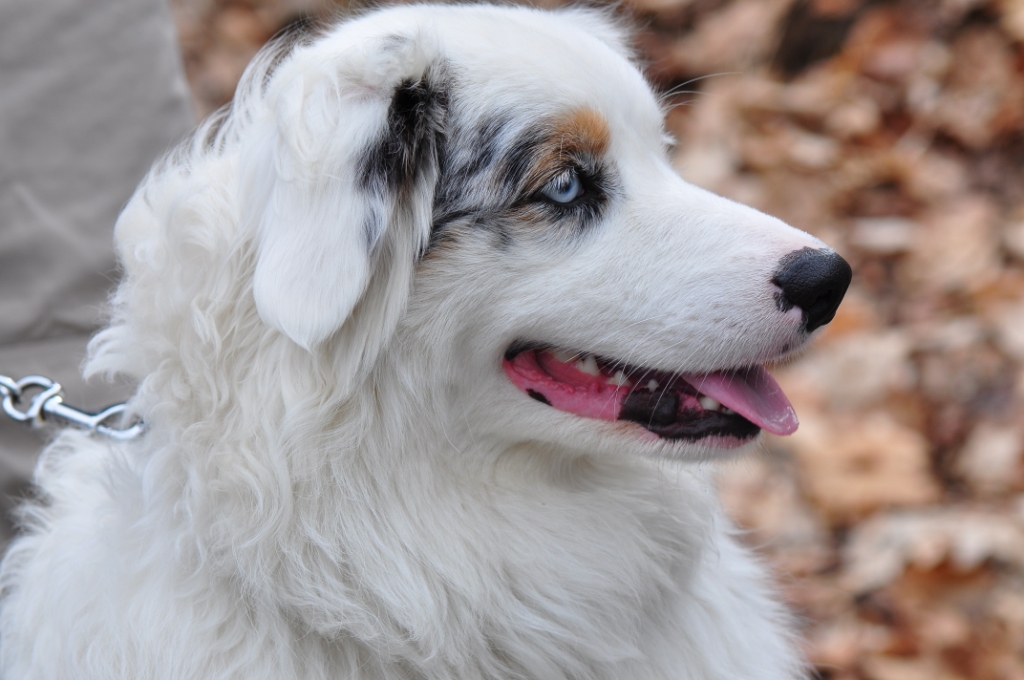
Like Border Collies, Australian Shepherds are highly intelligent and energetic dogs that need regular exercise, mental challenges, and social interaction. Without plenty of activities to keep them occupied, they can become bored and frustrated, leading to undesirable behaviors like barking or chewing. Busy people may struggle to meet their high activity demands.
Jack Russell Terrier

Jack Russells are small but pack a lot of energy and spunk. They are highly active, independent, and require lots of exercise and mental stimulation. If not given enough attention, they can become destructive, digging up your yard or chewing on furniture. They need constant engagement, which can be difficult for busy individuals to provide.
Siberian Husky

Siberian Huskies are known for their stunning appearance and playful personalities, but they are also incredibly high-energy dogs. They require long walks, frequent playtime, and mental stimulation to keep them happy. Without sufficient exercise, Huskies can become bored, which can lead to behavioral problems like digging, chewing, and even escaping. They are not ideal for busy people with tight schedules.
Weimaraner

Weimaraners are active, strong dogs that require a significant amount of exercise. Without enough physical and mental stimulation, they can develop destructive behaviors and even become anxious or depressed. Their energy levels make them a poor match for people who don’t have the time to give them daily vigorous walks, runs, or other forms of enrichment.
Doberman Pinscher
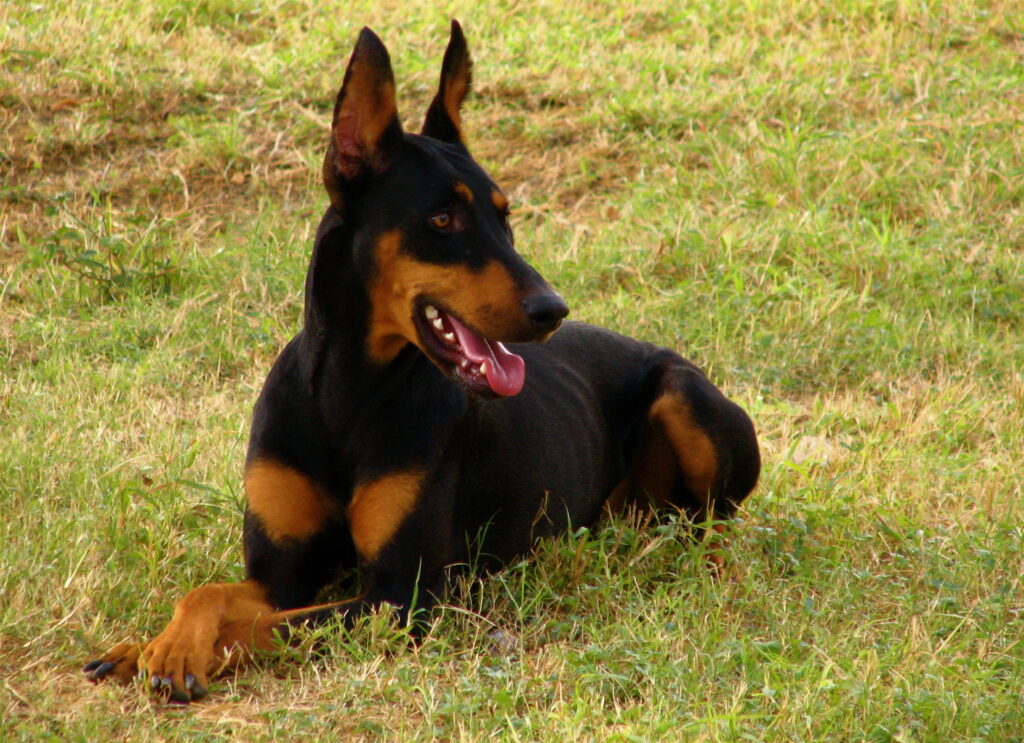
Dobermans are highly intelligent and loyal, but they also require a lot of physical exercise and mental stimulation. They are strong-willed dogs that thrive with structure and training, but without regular engagement, they can become restless, anxious, and potentially aggressive. Their high energy and need for constant interaction make them a challenge for busy owners.
German Shepherd
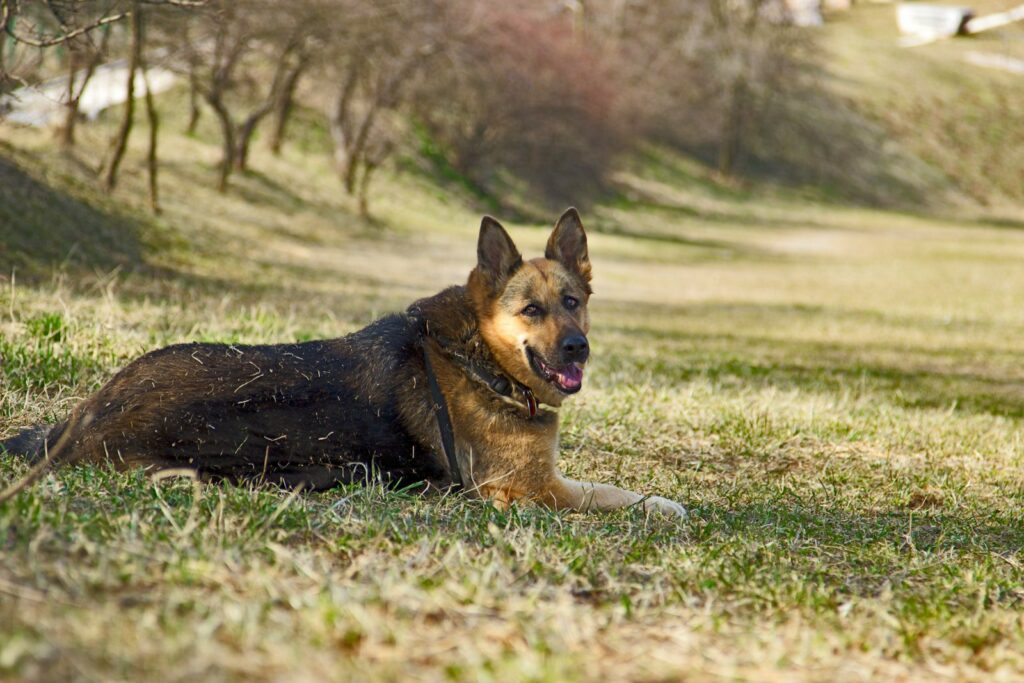
German Shepherds are one of the most intelligent dog breeds, but with this intelligence comes a need for plenty of exercise and mental stimulation. Without enough to do, they can become bored and exhibit undesirable behaviors such as chewing or barking excessively. They also require consistent training and socialization to keep them well-behaved, which may not be possible for people with busy lives.
Beagle

Beagles are known for their strong sense of smell and inquisitive nature, making them a highly energetic and curious breed. They need lots of exercise and mental stimulation to keep them out of trouble. Beagles are prone to barking and howling when they feel neglected or bored, and their love of following scents means they can easily wander off if not supervised. Busy people may find it challenging to meet their needs.
Boxer
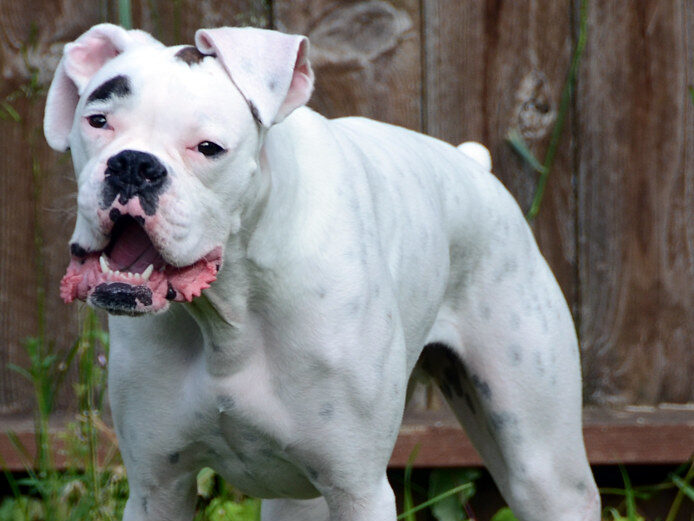
Boxers are fun-loving and energetic, but they also need a lot of physical activity and mental stimulation to stay happy.They are highly social dogs and can become bored or anxious if left alone for long periods. If you don’t have the time to give them regular playtime or exercise, they may develop destructive habits or become overly excitable.
Saint Bernard

Saint Bernards are large, gentle giants that are known for their calm demeanor, but they still require a significant amount of exercise. Their size means they need a lot of room to move around, and without enough daily activity, they can become lazy and overweight. They also need regular grooming, which can be difficult for busy people to manage.
Golden Retriever

Golden Retrievers are known for being friendly and easygoing, but they still require a lot of attention, exercise, and training. They are active dogs that enjoy long walks, runs, and play sessions. Without enough physical and mental engagement, they may become bored and develop behavioral issues such as chewing or excessive barking.
Labrador Retriever
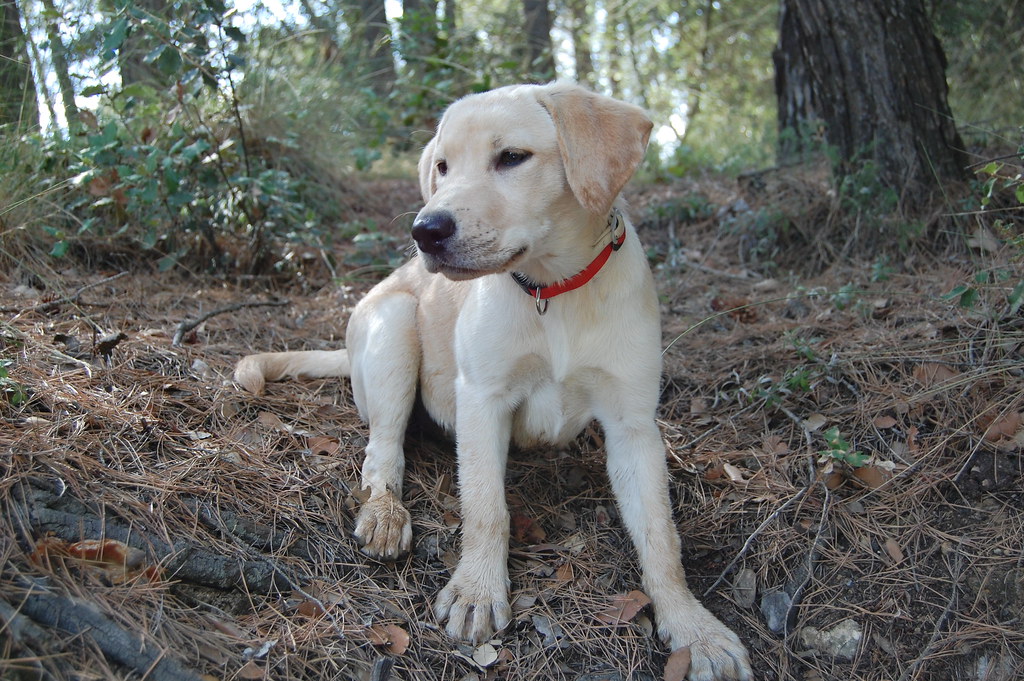
Labradors are another highly energetic breed that loves to play and be active. They need regular exercise to stay healthy and happy, and they thrive in environments where they can interact with their owners. If left alone for too long without enough stimulation, Labradors can become restless and may engage in destructive behaviors.
Cocker Spaniel

Cocker Spaniels are energetic and friendly dogs that enjoy being around people, but they also require a fair amount of exercise and social interaction. Without enough mental stimulation, they can become anxious, and their need for regular grooming may add extra work for a busy person. If left alone for long periods, they might develop behavioral issues like chewing.
Alaskan Malamute
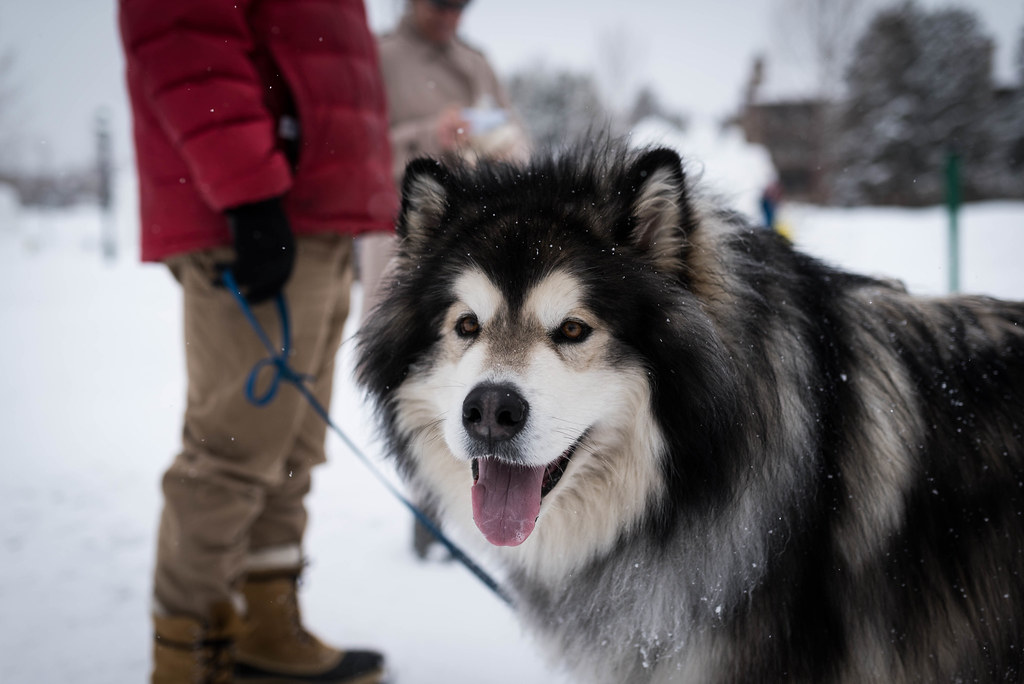
Alaskan Malamutes are large, strong dogs that were originally bred for pulling heavy loads in cold climates. They have a lot of energy and require daily exercise and mental stimulation. Without proper engagement, they can become bored and destructive. Their size and strength also mean they need an owner who can handle them, which might be too much for someone with a busy schedule.
Chow Chow
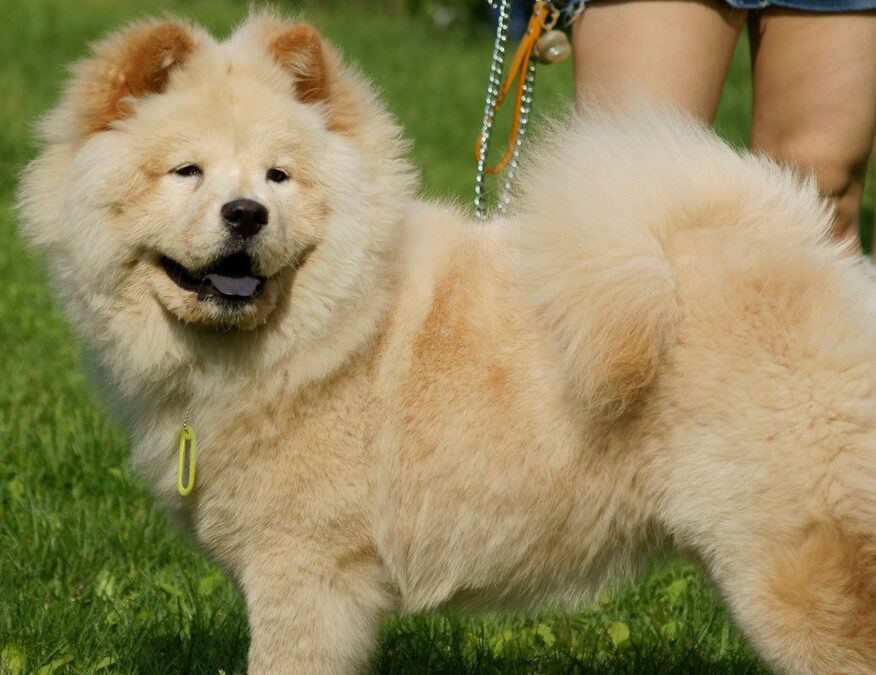
Chow Chows are independent dogs that don’t always like to follow commands or engage in constant activity. While they can be affectionate, they’re also known for being aloof, making them less than ideal for busy families. Their grooming needs are high, and they can be stubborn when it comes to training. If not given proper care and attention, they can become difficult to manage.
